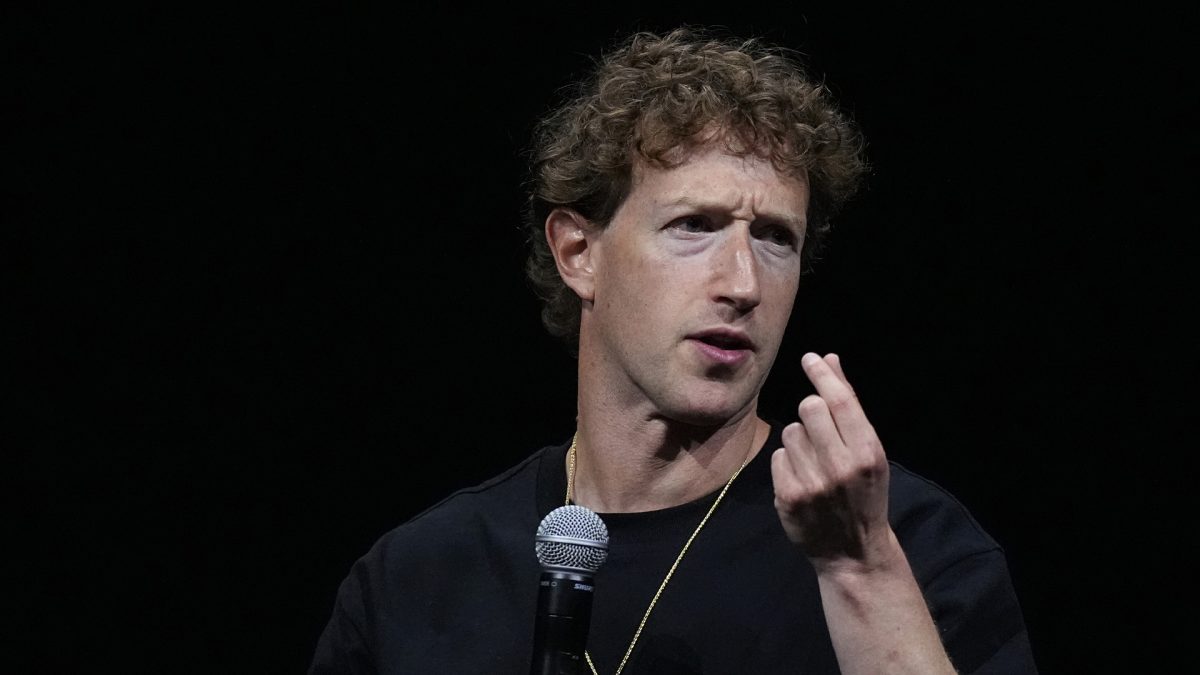) |
|
Mark Zuckerberg, the CEO of Meta, the parent company of Facebook, has revealed that he regrets complying with the Biden administration's requests to censor certain content on its platforms. In a letter addressed to the US House of Representatives, Zuckerberg detailed how senior officials from the Biden administration repeatedly pushed Meta to restrict specific content, particularly related to COVID-19, and expressed frustration when the company didn't fully comply with their demands. This pressure extended beyond serious health-related misinformation, even encompassing content that included humor and satire about the pandemic.
Zuckerberg, in his letter, acknowledges that while Meta made the final decisions regarding content moderation, he regrets some of these choices, particularly those made under government pressure. He asserts that this level of government influence is inappropriate and that Meta should have been more vocal in resisting it at the time. Zuckerberg's remarks indicate a firm stance against allowing government influence to dictate how social media platforms operate, particularly regarding content moderation.
This revelation has added fuel to ongoing debates about the role of social media companies in shaping public discourse, especially during politically charged times. The decision to limit the spread of the New York Post story about Hunter Biden ahead of the 2020 presidential election has been particularly criticized by those who believe social media platforms have too much influence over the information available to the public. Zuckerberg, in his letter, acknowledged that this decision was a mistake, stating that it has since been confirmed that the New York Post’s reporting was not part of a disinformation effort.
Zuckerberg's letter has sparked varied reactions, particularly among political figures. Republicans, led by Ohio Representative Jim Jordan, have welcomed the letter as a victory for free speech. Jordan, a strong critic of the Biden administration's influence over social media platforms, has taken to social media to celebrate Zuckerberg's admissions, viewing them as a validation of concerns that the government has unduly pressured tech companies to control the flow of information. In contrast, the Biden administration defended its approach, particularly during the COVID-19 pandemic. A statement from the White House emphasized that during a public health crisis, the administration encouraged responsible actions to protect public health and safety. The administration maintained that while it advocated for responsible behavior from tech companies, the ultimate decisions on content moderation were made independently by those companies.
Zuckerberg also addressed his role in the last presidential election cycle, where he made substantial financial contributions to support election infrastructure. Despite his intentions to be nonpartisan, these contributions were perceived by some as favoring one political party, leading to criticism. To avoid any appearance of bias, Zuckerberg stated that he does not plan to make similar contributions in the upcoming election cycle, aiming to remain neutral and avoid influencing the electoral process. This decision could potentially affect the way social media platforms engage with political campaigns in future elections.
The implications of Zuckerberg's revelations are far-reaching. They raise important questions about the role of government in shaping the information landscape, the influence of social media platforms in public discourse, and the responsibility of tech companies to balance free speech with protecting users from harmful content. The debate over content moderation on social media platforms is likely to continue, and Zuckerberg's admission of regret over caving to government pressure could have significant implications for the future of free speech and online discourse.
Source: Mark Zuckerberg claims he regrets caving into Biden-Harris admin to censor content on Meta
